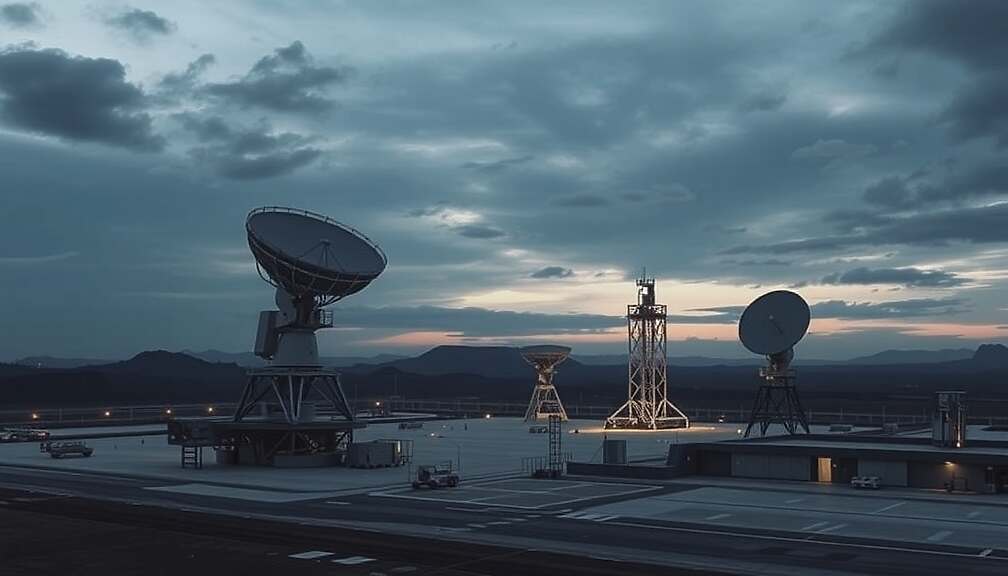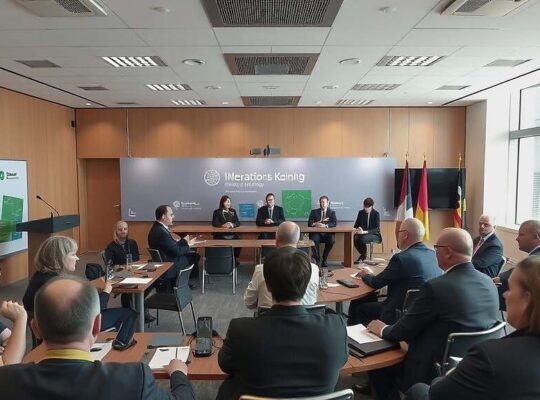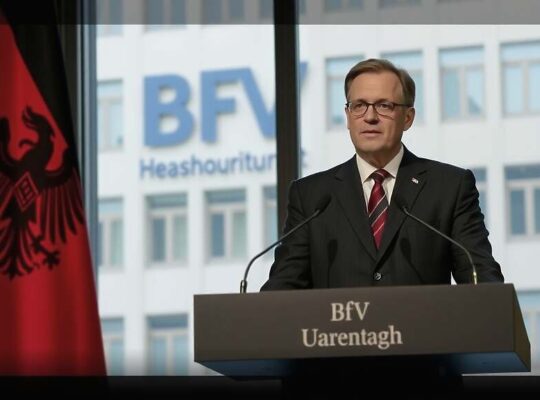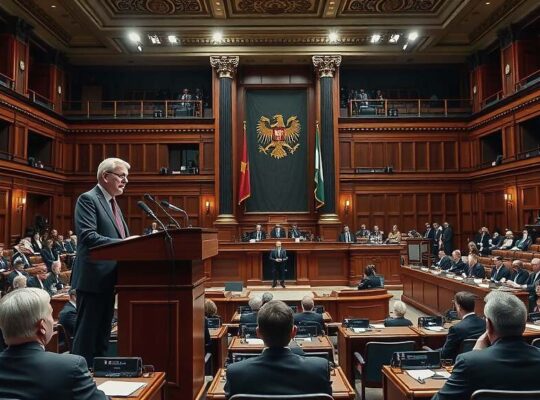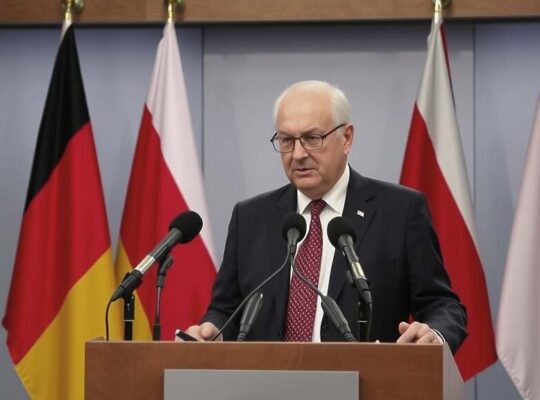Concerns are mounting regarding the escalating risk of conflict extending into space, with significant implications for global infrastructure and societal stability. Speaking at the BDI Space Congress, Defence Minister Boris Pistorius highlighted the increasing vulnerability of satellite networks, emphasizing their critical role in modern life.
Pistorius cautioned that disruptions to satellite operations, ranging from GPS jamming to direct attacks on satellites, would have far-reaching consequences, impacting not only military operations and the space industry but also affecting millions of civilians. He underscored that reliance on satellite technology has created an “Achilles’ heel” for contemporary societies, with the potential to paralyze entire nations.
The evolving geopolitical landscape suggests that future conflicts will increasingly involve actions taken in orbit. Russia and China, in particular, have rapidly advanced their capabilities in space warfare, demonstrating the ability to disrupt, blind, manipulate, or even physically destroy satellites. Pistorius noted that German military systems are already experiencing interference attacks, affecting broader economic and social sectors. The earlier cyberattack on the ViaSat satellite network, which occurred before the war in Ukraine, resulted in significant communication disruptions, impacting the operational control of nearly 6,000 wind turbines within Germany.
Beyond disruptive attacks, the current threat environment is further complicated by persistent surveillance activities. Chinese reconnaissance satellites are continuously monitoring German territory, with data transmitted in real-time. Furthermore, China is conducting highly agile and dynamic close-approach maneuvers with its space systems – a tactic Pistorius likened to air combat exercises if applied to aerial operations. Simultaneously, Russia is strategically positioning its reconnaissance satellites in close proximity to German and allied space systems. The Defence Minister warned that these combined factors have brought the world perilously close to “real danger scenarios”.


